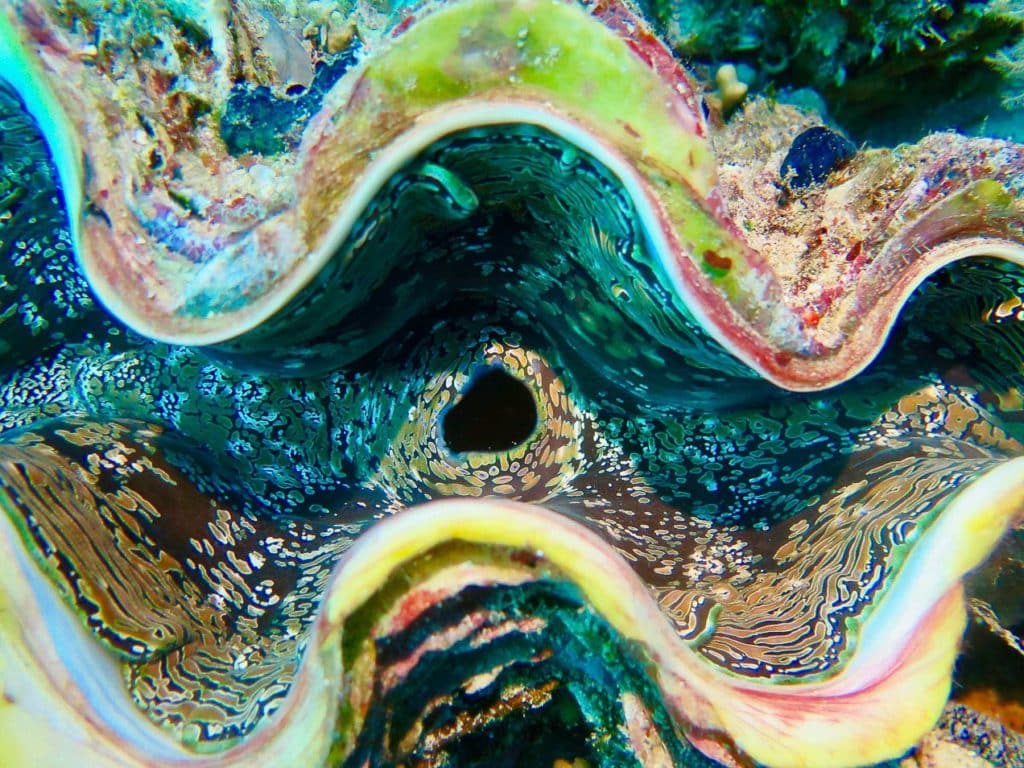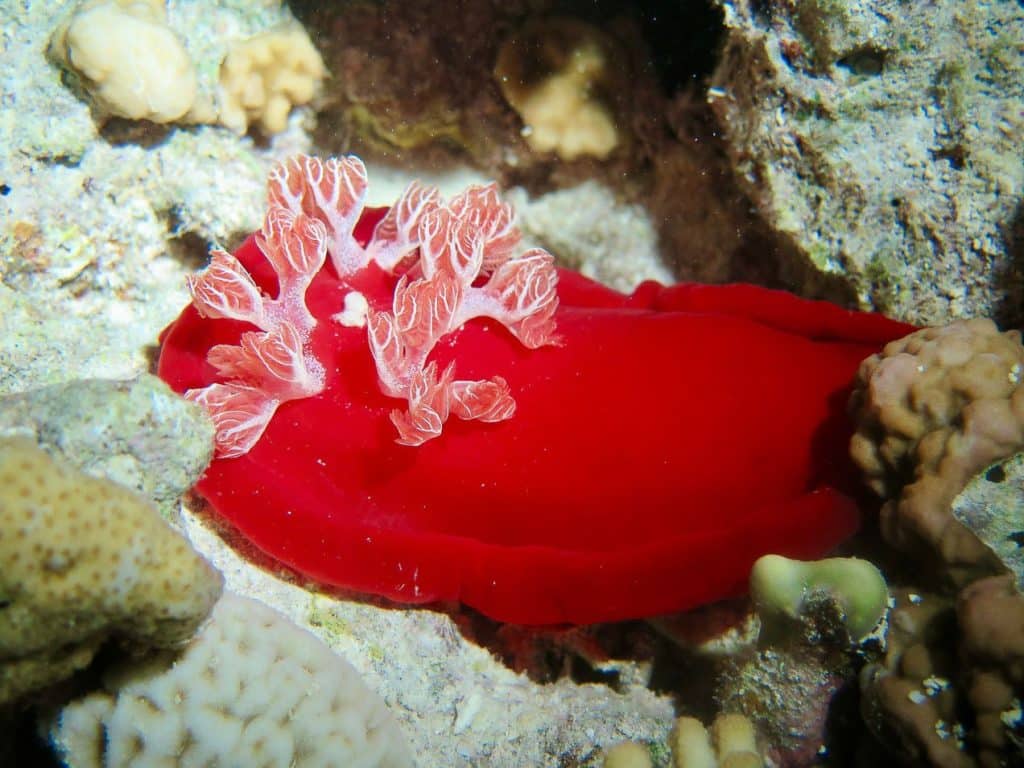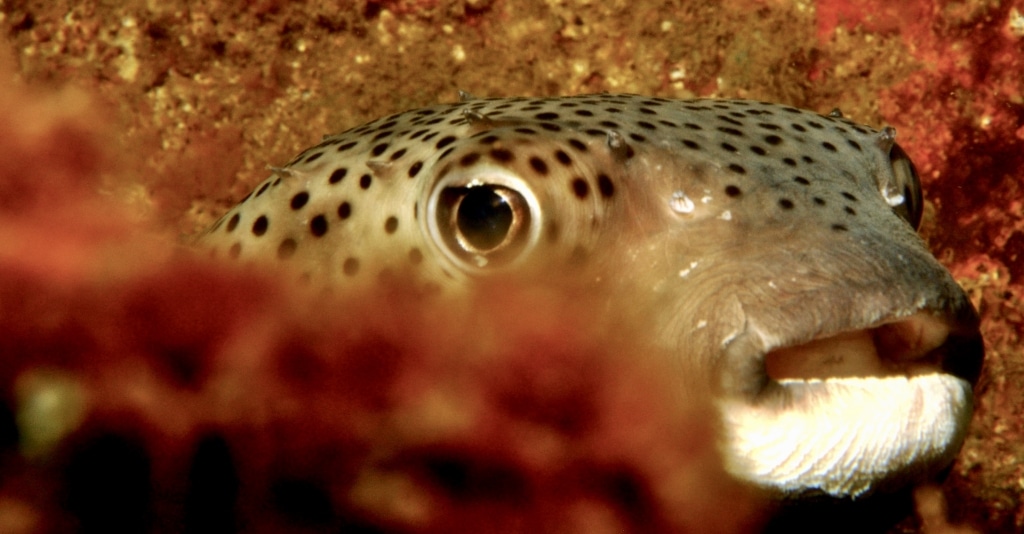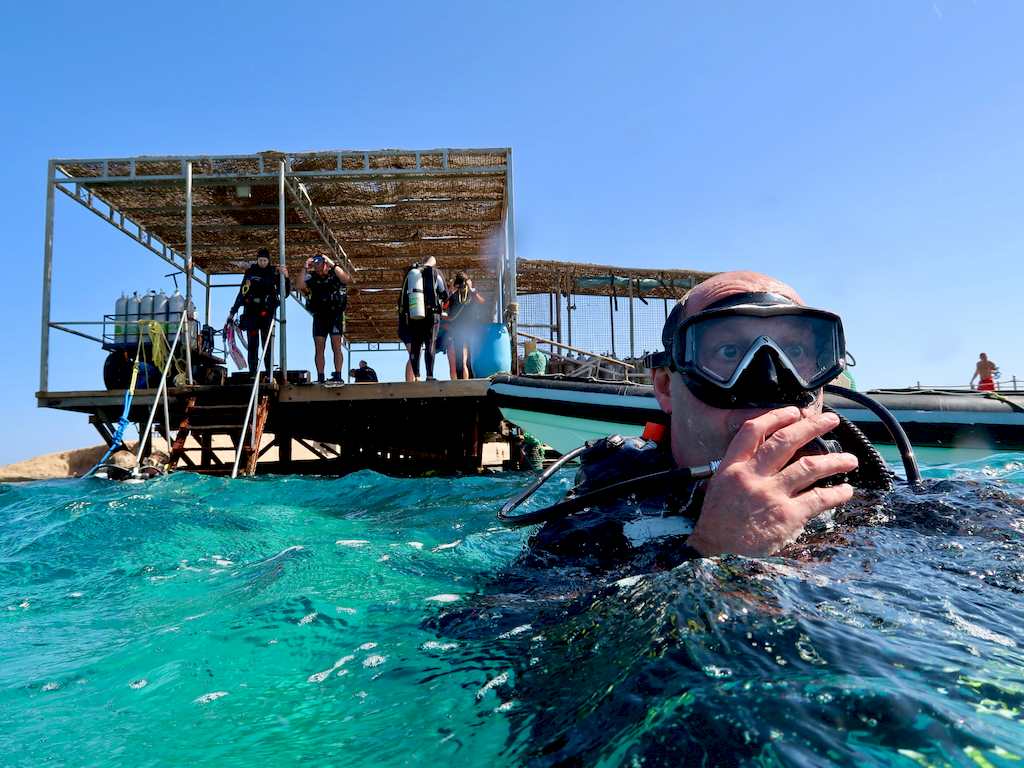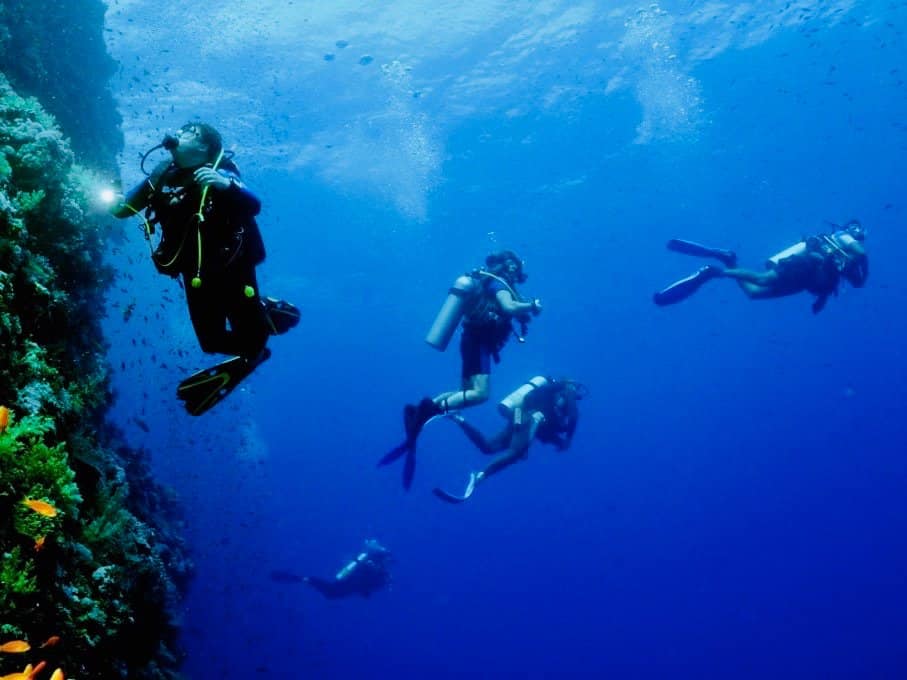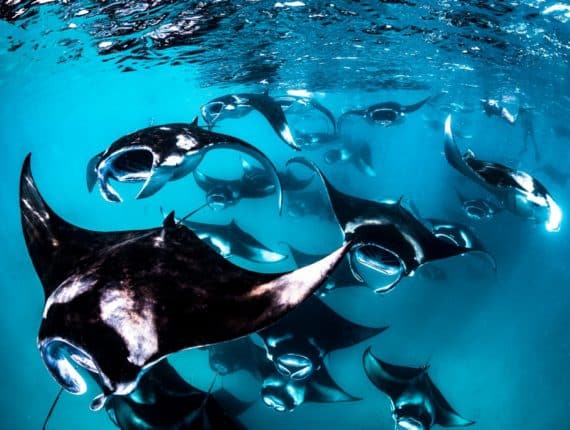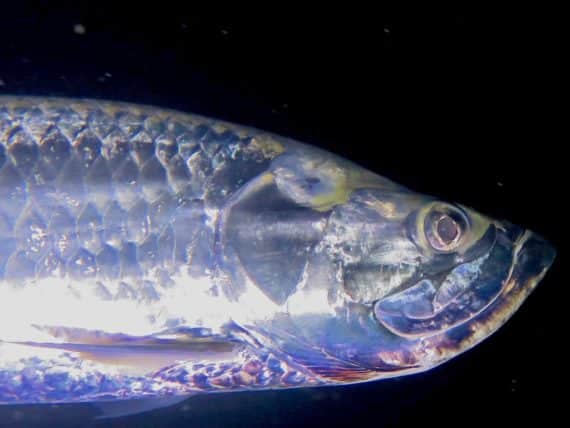Touching marine animals, an unforgivable act ?
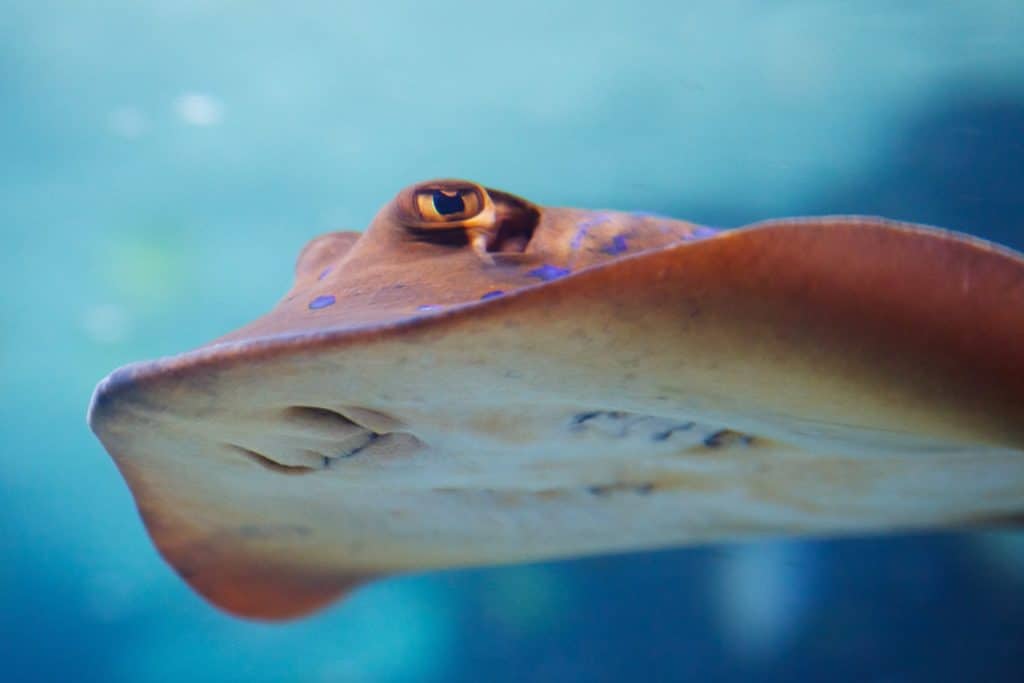
Recently on the web, a surfer posted a mini video of a seahorse found in a harbour while repairing his boat. He had taken the animal a few seconds out of the water to film it
However even if he did touch marine animals. He assured, having put it back in its natural environment and watch it disappear into the sea.
Immediately a lot of surfers blamed him for this act deemed immoral, shameful. Comments from other users of the site going as far as insults!
If it seems obvious to divers that we don’t touch marine animals. It seems equally obvious that these reactions were disproportionate, or totally displaced. Let’s see why.
Beforehand, it is important to understand why we should not touch marine animals. Indeed, there are obvious reasons but also just common sense:
Propagation of diseases: fish naturally secrete a mucus that serves as a barrier to the outside world. When we touch a fish, we risk damaging this natural protection and making the fish more susceptible to external aggressions. In addition, we carry, bacterias specific to human beings. Sun creams can also be hazardous to marine animals
Fragility of some marine creatures. Even if it is tempting to touch starfish, or corals, it is better to observe them only with the eyes. On the other hand. It is completely forbidden to move rocks to better see a lobster, or an octopus hiding there. In doing so, we create an imbalance in the ecosystem by crushing, damaging, destroying habitat. That sometimes protect dozens of species of fauna and flora.
Danger: Marine animals can be dangerous for humans. If it seems obvious that we don’t touch a jellyfish or a moray eel showing us its pretty teeth, other species can be very toxic to divers and cause damage, burns, shock, … Inadvertently touching a fire coral (Millepora alcicornis) will illustrate this point leaving you a beautiful mark on your skin. Beware of anemones, cones, surgeon fish and others that can make us regret to have approached them so close.
Other reasons not to touch marine animals are just the respect for nature and defend the idea that under no circumstances should the balance of marine life be disturbed by human intervention.
So, were these surfers entitled to blame the one who had dared to take the seahorse out of the water for a few seconds ? After all, he had acted in total contradiction to the simple and obvious reasons mentioned above.
In my opinion, the Internet user did not deserve such a fight.
On one hand, because this person was perhaps unaware of the reasons why one should not touch marine animals. Each of us has the right to make an error.
On the other hand, because I think we must have the ability to put things in perspective: this person took a seahorse out of the water a few seconds before putting it back into the sea. At the same time, dozens of pilote whales were killed in the Faroe Islands under the cover of a 500-year-old tradition.
Should we not, therefore, put into perspective certain acts?
Finally, because I am convinced that the learning of respect for the sea also requires experience. By watching, observing, listening and also manipulating, we learn to know and respect nature.
It is not advisable to crush ants, play with grasshoppers or take earthworms in hand … yet many children have these behaviors because they need to learn to better understand life and better respect it later. Are they monsters?
I remember a child who was tearing out all the wings of insects … horror! He became an avid advocate of animals as an adult.
Of course we should not touch marine animals. It is obvious as we saw above and of course I do not encourage divers to remove fish fins just to see the effect. However, taking a starfish delicately with your fingertips to discover its hundreds of suction cups and understand that they allow him to move or catch. A small puffer fish that swells with stress to post the most beautiful photo on Instagram are totally different behaviours. One aims at learning and knowledge while the other …
However, at certain times it may be useful / acceptable to touch marine animals:
To rescue them: to hold a turtle to remove a net from it. To put a dolphin stranded back in sea, to take a small seahorse which is too close to a boat and to put it back in the water before starting the engine, …
In order To study them: Scientists who take corals, make complex observations sometimes on certain species, with the aim of bringing knowledge to better protect the species
To answer an invitation: the dolphin who play around you and comes to present his belly to be caressed, …
When you need to protect yourself: to keep a shark away because it is much too accustomed to being fed and it’s not playing. Preventing a tortoise really not fierce to come and bite into your camera. To avoid a jellyfish that the current brings right on you (to repel, preferably not with bare hands ) …
To learn: to learn to know mother nature and to learn. That most of the time it’s not necessary to touch marine animals.
So next time we see a surfer posting a video / photo where he touches a marine animal. Rather than flogging him or insulting him. I believe we should better explain him in a respectful way the good reasons why it is necessary to avoid as much as possible touching marine animals.
Good bubbles and do not forget to be happy
Join my Facebook page for more sharing
Helene



